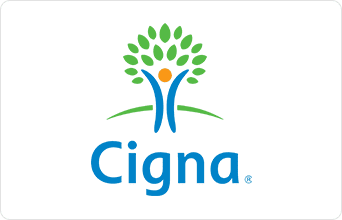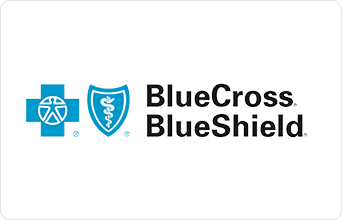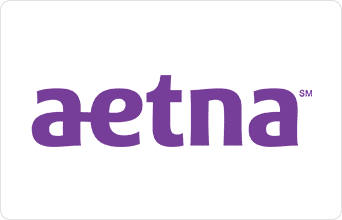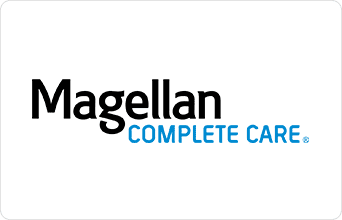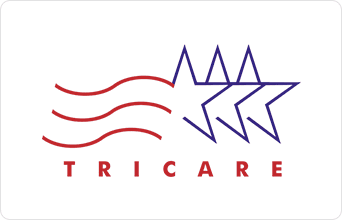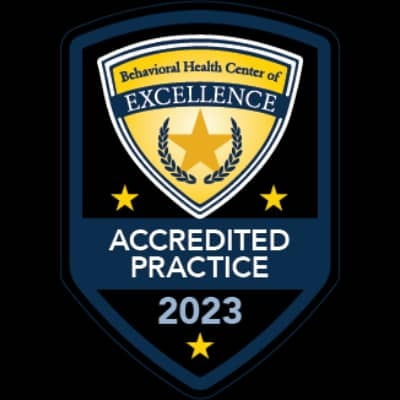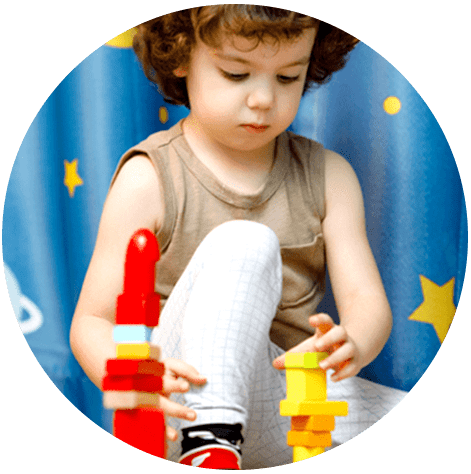
Nuestro equipo de profesionales proporciona intervenciones altamente estructuradas para
clientes en su entorno natural para reducir, eliminar o sustituir los comportamientos inadaptados y promover la independencia en las rutinas diarias. Se aplican estrategias basadas en la evidencia para aumentar los comportamientos deseados
y disminuir los comportamientos que interfieren en el aprendizaje del cliente. Nuestros programas individualizados consisten en al menos 20 horas semanales de ABA directo
servicios, garantizando que cada niño reciba el apoyo que necesita.
Los horarios pueden consistir en horas en casa, en la escuela y/o en nuestros centros de terapia con el fin de proporcionar los mejores resultados para usted y su familia.

Nuestro equipo de profesionales proporciona
intervenciones muy estructuradas para
clientes en su entorno natural
para reducir, eliminar o sustituir el mal
comportamientos adaptativos y promover
independencia en las rutinas diarias.
Las estrategias basadas en la evidencia son
implementado para aumentar la deseada
comportamientos y disminuir los comportamientos
que interfieren en el aprendizaje del cliente.
Nuestros programas individualizados consisten en
de al menos 20 horas semanales de trabajo directo
ABA servicios, asegurando que cada niño
recibe el apoyo que necesita.
Los horarios pueden consistir en horas en
casa, en la escuela y/o en nuestra terapia
centros con el fin de proporcionar la mejor
resultados para usted y su familia.
Evaluación y
Planes de comportamiento
Los planes para cada cliente se basan en diversas evaluaciones que se centran en los problemas de comportamiento y / o habilidades deficits que afectan negativamente a su calidad de vida. A través de estas evaluaciones, podemos crear un plan de tratamiento a medida que se dirige a la reducción de los comportamientos inadaptados y enseña a los niños estrategias de sustitución o nuevas habilidades apropiadas para su edad. edad. La admisión consistirá en entrevistas, observaciones y tiempo de juego con el pequeño en su propio entorno familiar. Tras la entrevista inicial, el nuevo equipo equipo de su hijo colaborará para diseñar un plan de comportamiento eficaz, centrado en sus necesidades únicas.
Comportamiento
Terapia
Nuestros Técnicos de Comportamiento Registrados (RBT) están formados para aplicar el plan de comportamiento del cliente asignado y recoger datos durante las sesiones individuales. Los RBT trabajan en el hogar y en la comunidad, dependiendo de las necesidades del cliente, y se centran en los comportamientos para promover las interacciones productivas y la independencia. El terapeuta del niño prestará el servicio de análisis directo de la conducta, con el objetivo de potenciar opciones de comportamiento adecuadas, seguras y positivas para mejorar su calidad de vida.
Evaluación y
Planes de comportamiento
Los planes para cada cliente se basados en en varias evaluaciones que se dirigen a desafíos de comportamiento y/o habilidades que impactan negativamente que afectan negativamente a su calidad de vida. calidad de vida. A través de estas evaluaciones, podemos crear un plan de tratamiento a medida que se dirige a la reducción de los comportamientos inadaptados y enseña a los niños estrategias de sustitución o nuevas habilidades apropiadas para su nivel de edad. nivel de edad. La admisión consistirá en entrevistas, observaciones y tiempo de juego con el pequeño en su propio entorno familiar. Después de la admisión inicial, el nuevo equipo de su hijo equipo colaborará en la elaboración de un plan de comportamiento eficaz, centrado en sus necesidades específicas.
Comportamiento
Terapia
Nuestros Técnicos de Comportamiento Registrados (RBT) están formados para aplicar el plan de comportamiento del cliente asignado y recoger datos durante las sesiones individuales. Los RBT trabajan en el hogar y en la comunidad, dependiendo de las necesidades del cliente, y se centran en los comportamientos para promover las interacciones productivas y la independencia. El terapeuta del niño prestará el servicio de análisis directo de la conducta, con el objetivo de potenciar opciones de comportamiento adecuadas, seguras y positivas para mejorar su calidad de vida.
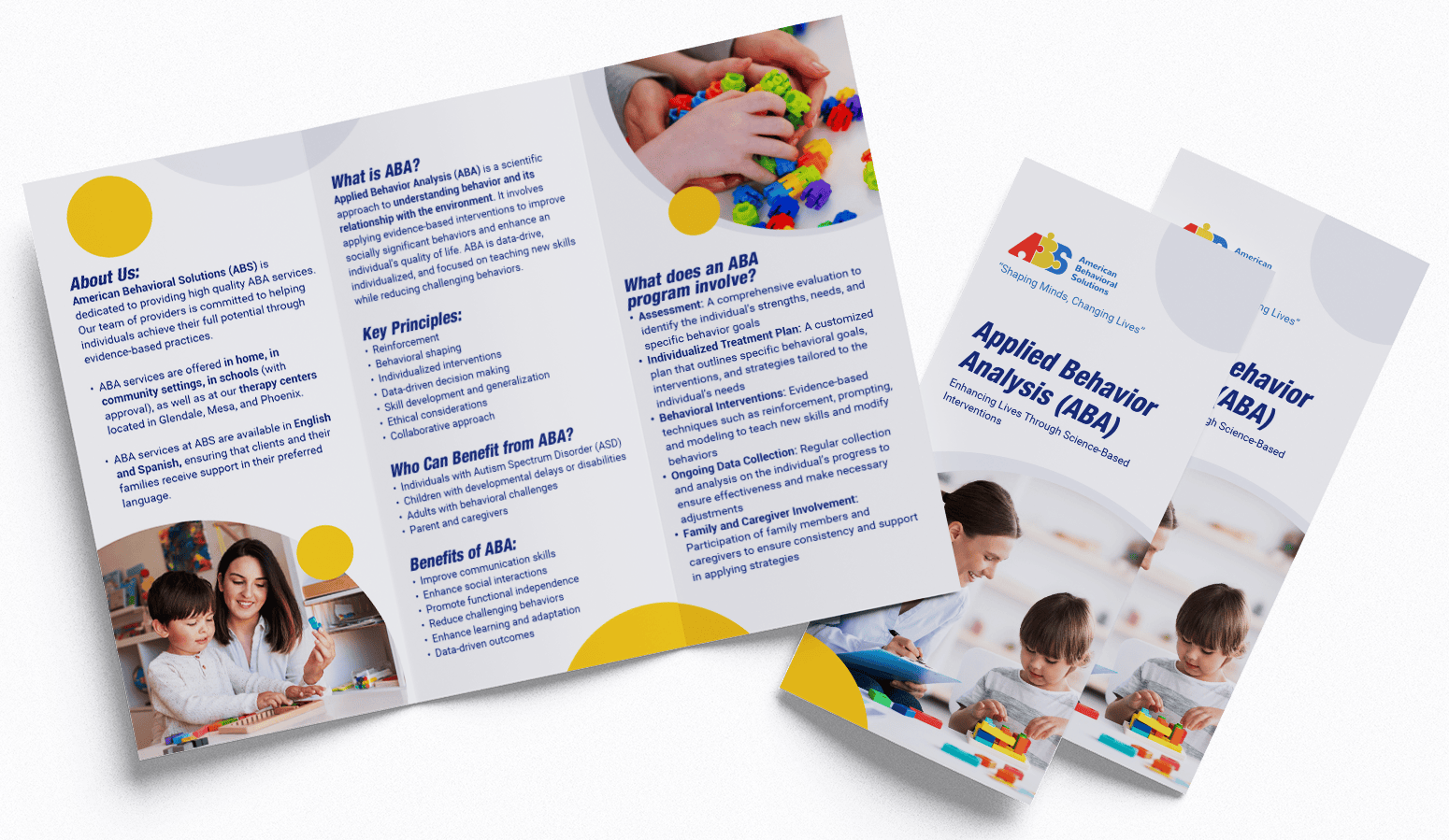
Para más información, descargue nuestro folleto
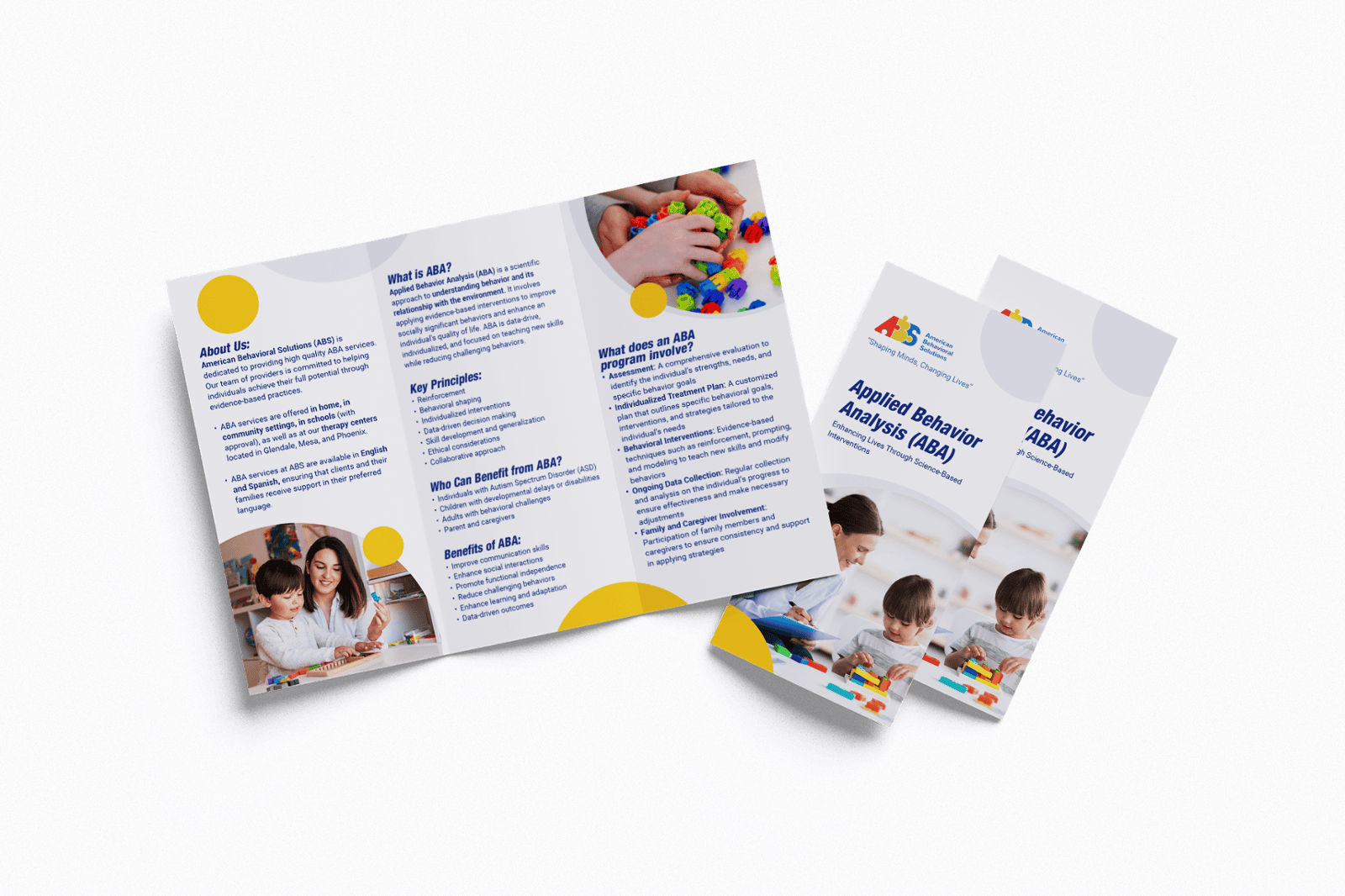
Para más información, descargue nuestro folleto
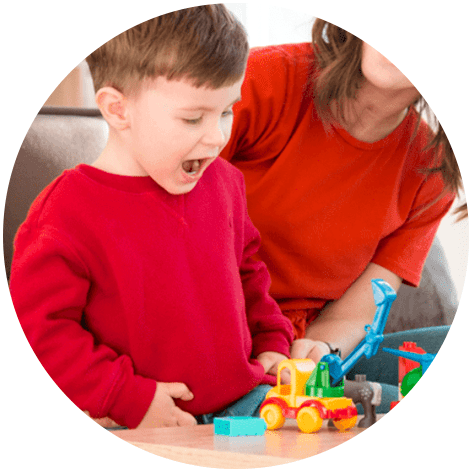
La EIBI capacita a la familia proporcionando el servicio necesario a una edad temprana, centrándose específicamente en las habilidades de comunicación y comportamiento adaptativo. EIBI maximiza los beneficios de la intervención del niño utilizando un enfoque de equipo total, que consiste en padres, técnicos de nivel de licenciatura y especialistas de nivel de maestría para implementar estas estrategias para la continuidad del tratamiento y la efficacia terapéutica. Nuestro equipo también se coordinará con los profesores y otros proveedores, como los logopedas o los terapeutas ocupacionales, para lograr los mejores resultados. Los componentes del EIBI incluyen el Entrenamiento en Ensayos Discretos (DTT), sesiones individuales con su hijo y su terapeuta asignado durante 20-40 horas semanales de servicios, y la supervisión del programa diseñado por un analista de conducta certificado por la Junta al menos cuatro veces al mes.

La EIBI capacita a la familia proporcionando el servicio necesario a una edad temprana, centrándose específicamente en las habilidades de comunicación y de comportamiento adaptativo. El EIBI maximiza los beneficios de la intervención de un niño utilizando un enfoque de equipo total, formado por padres, técnicos de nivel de licenciatura y especialistas de nivel de maestría para implementar estas estrategias para la continuidad del tratamiento y la efficacia terapéutica. Nuestro equipo también se coordinará con los profesores y otros proveedores, como los logopedas o los terapeutas ocupacionales, para lograr los mejores resultados. Los componentes del EIBI incluyen el Entrenamiento en Ensayos Discretos (DTT), sesiones individuales con su hijo y su terapeuta asignado durante 20-40 horas semanales de servicios, y la supervisión del programa diseñado por un analista de conducta certificado por la Junta al menos cuatro veces al mes.
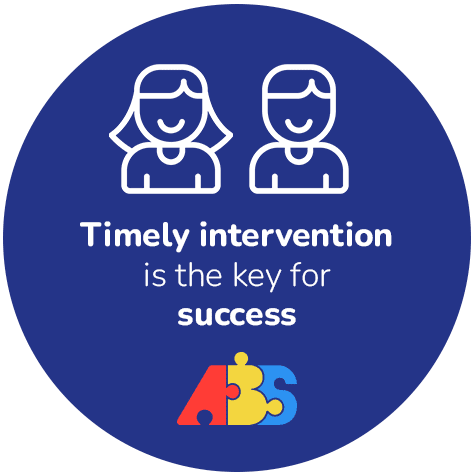
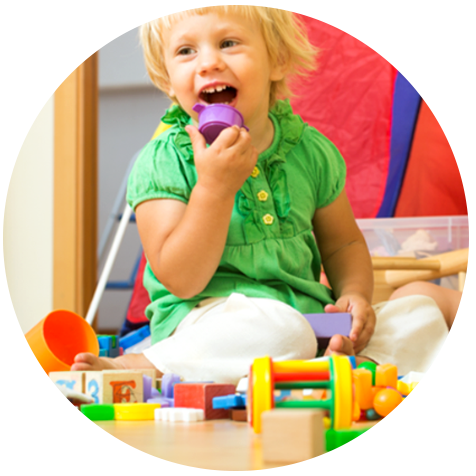
Un componente importante del desarrollo de un niño es el aprendizaje de habilidades sociales adecuadas a su edad. Los programas de tratamiento se diseñan evaluando los niveles de habilidades sociales de cada niño, incluyendo la referencia social, las habilidades de juego, la atención conjunta, las habilidades de comportamiento, la conciencia social, el contacto visual, las habilidades de conversación y lenguaje, y la preparación para la escuela. Implementamos estos objetivos en nuestros programas para aumentar la capacidad del niño para jugar funcionalmente, reemplazar los comportamientos inadaptados que se producen durante las interacciones sociales y aumentar las habilidades sociales con los compañeros. Nuestro objetivo final para cada cliente es que participe en juegos apropiados para su edad, compartiendo, comunicando e interactuando socialmente para hacer y mantener amistades.

Un componente importante del desarrollo de un niño es el aprendizaje de habilidades sociales adecuadas a su edad. Los programas de tratamiento se diseñan evaluando los niveles de habilidades sociales de cada niño, incluyendo la referencia social, las habilidades de juego, la atención conjunta, las habilidades de comportamiento, la conciencia social, el contacto visual, las habilidades de conversación y lenguaje, y la preparación para la escuela. Implementamos estos objetivos en nuestros programas para aumentar la capacidad del niño para jugar funcionalmente, reemplazar los comportamientos inadaptados que se producen durante las interacciones sociales y aumentar las habilidades sociales con los compañeros. Nuestro objetivo final para cada cliente es que participe en juegos apropiados para su edad, compartiendo, comunicando e interactuando socialmente para hacer y mantener amistades.

Los programas de educación para padres están diseñados para formar y apoyar a los cuidadores y familiares que participan en la vida diaria de los pacientes.y familiares implicados en la vida diaria del cliente.. Nuestro objetivo en Nuestro objetivo es ayudar a los padres y cuidadores a comprender los principios básicos del ABA. Nuestro objetivo es ayudar a los padres y cuidadores a comprender los principios básicos del ABA, estar informados de los programas de tratamiento específicos creados para sus hijos, y aprender a aplicar las estrategias y técnicas específicas proporcionadas por nuestro equipo para aumentar los cambios de un plan de intervención exitoso. intervención. Durante las revisiones mensuales, nuestros analistas del comportamiento podrán discutir cualquier preocupación o pregunta con los cuidadores y se centrarán en enseñarles a identificar los comportamientos problemáticos. a identificar los comportamientos problemáticos, aplicar intervenciones específicas para reducir el comportamiento, enseñar habilidades de sustitución y ofrecer un refuerzo adecuado cuando el niño adopte comportamientos positivos.
La información relativa a cada taller celebrado está disponible para su consulta y/o descarga en

Los programas educativos para padres están diseñados para formar y apoyar a los cuidadores y familiares que participan en la vida diaria del cliente. Nuestro objetivo es ayudar a los padres y cuidadores a comprender los principios básicos de ABA, estar informados de los programas de tratamiento específicos creados para sus hijos, y aprender a aplicar las estrategias y técnicas específicas proporcionadas por nuestro equipo para aumentar los cambios de un plan de intervención exitoso. Durante las revisiones mensuales, nuestros analistas del comportamiento serán capaces de discutir cualquier preocupación o pregunta con los cuidadores y se centran en la enseñanza de cómo identificar los comportamientos desafiantes, implementar intervenciones specific para reducir el comportamiento, enseñar habilidades de reemplazo, y entregar el refuerzo adecuado cuando el niño se involucra en comportamientos positivos.
La información relativa a cada taller celebrado está disponible para su consulta y/o descarga en
Elegible seguros
Listo para conectar
con nuestro equipo de ABA?

